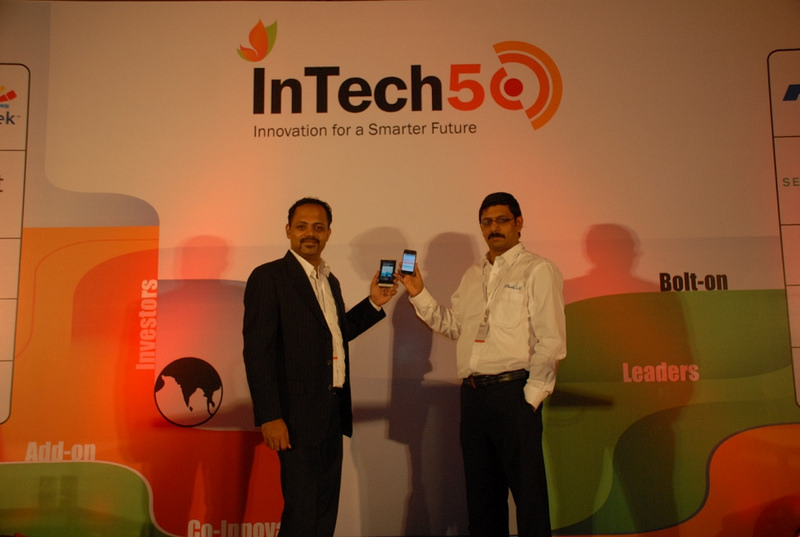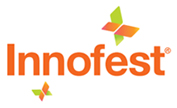
A ‘first of its kind’ marquee event to kick-start the next innovation wave in India, where
Bengaluru takes the lead in showcasing Public-Private Partnership.
With iSPIRT, we are happy to announce the launch of InnoFest – a day long Innovation festival jointly organized and sponsored by Public and Private Enterprise. The event, to be held at the Indian Institute of Science in Bangalore on August 22nd 2015 is significant – in a daring break from a ’traditional event’ format, InnoFest shall be run as a festival celebrating Innovation…
Here is why…
India needs this movement; not only for Indians, but for the aspiring and emerging worlds’ 5 Billion people, as compared to innovations focused on the one billion in the first world, who are already well served. This is the only way India can avoid the middle income trap, as we grow at 7-8%. The vibrancy of grass root innovation cannot be experienced through speeches and panel discussions within enclosed halls; its energy and exuberance has to be felt and unleashed.
The Patrons of this event are Mr. Jayant Sinha, Minister of State for Finance, Government of India; Mr. Nandan Nilekani, Former Chairman of Infosys and Former Chairman of UIDAI; Mrs. Kiran Mazumdar Shaw, Chairman and Managing Director of Biocon and Mr. Mohandas Pai, Chairman of the Board, Manipal Global Education.
Speaking at the launch, Mr. Pai said, “The idea of InnoFest is absolutely aligned with the Government’s thinking. If we are going to increase productivity, employment and opportunity for everyone in this country then we need a grassroots movement that will bring the best ideas to the table. Our Prime Minister Mr. Narendra Modi has great vision in developing 100 smart cities across the country as well as a digital India and a leading science and technology program; innovation will certainly be a key driver for all these initiatives.”
Why Innovation, you may ask…
Simply because we have an ‘innovation’ deficit in the country today! We are no doubt an enterprising nation, but we still have a long way to go when we look at being an ‘innovative’ nation. However, please note that there is no shortage of imagination and creativity in India. We need to build our skills where this imagination and creativity is applied to generate unique solutions to local problems. InnoFest is the platform to tackle this challenge.
We strongly believe that to reduce the innovation deficit in India, we need to operate at two levels: the individual and the policy. InnoFest uniquely brings these two elements together:
- The Young Ignited Minds: will sharpen their innovation skills in a fun and experiential setting
- The Government of India: will activate thoughtful policies that will help fulfill the innovation potential of India
InnoFest will have various programs like MakerSpace, Product Zone, Hall of Fame, Young Innovators Zone, Townhall and eminent speakers across a galaxy of disciplines including Naveen Tiwari (InMobi), Rohan Shravanan (Notion Inc), K Ganesh (CEO, Portea Medical), Arundhati Nag (Film Personality), Vijay Chandru (Strand Life Sciences), Bhavish Aggarwal (CEO, Ola Cabs) and Phanindra Sama (RedBus).
According to Sharad Sharma, Co-Founder of iSPIRT and Co-Convenor of InnoFest, “If companies can innovate and transform their functioning and performance radically, why can’t countries? The idea of InnoFest is to distil the best ideas in enterprise and inspire individuals, corporates and Government organizations to take innovation to the common man. We are delighted that the Government has stepped in in a big way to enable this transformation and this cooperation between public bodies and private enterprises will lay the foundation for radical transformation in the country.”
InnoFest has been conceived as a day-long festival of ideas and inspiration that will exponentially multiply innovation across the country and make India into a Product Nation. iSPIRT strongly believes that a robust software product ecosystem is the key to rapid growth across the country. More than 1,000 professionals are expected to participate, pan India.
So, if you want to change the world AND put your own dent in the universe; make sure you are at InnoFest !!
Further details of the event are available on the Innofest website & FAQ’s can be accessed here.



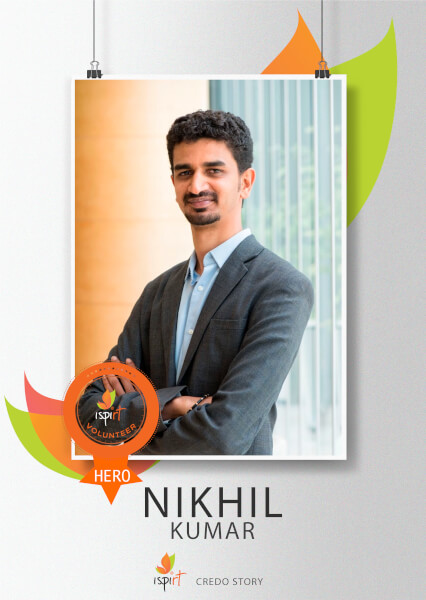
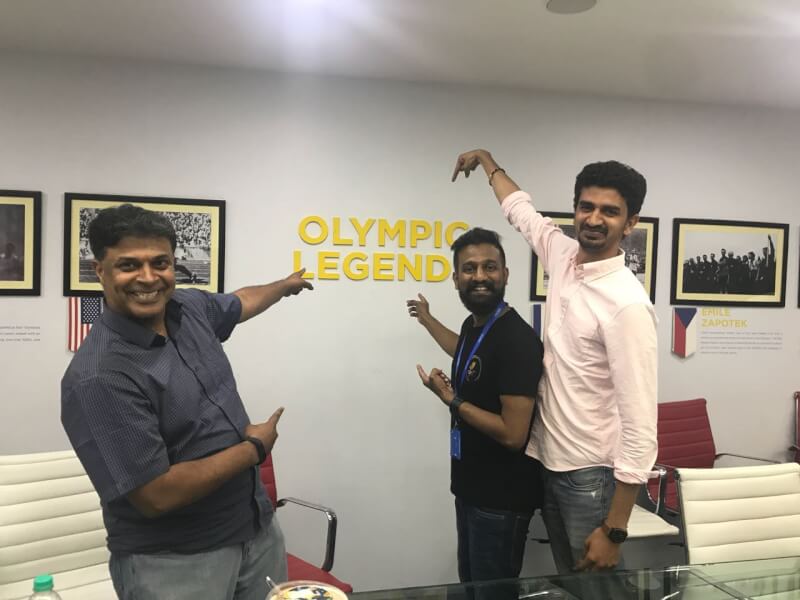

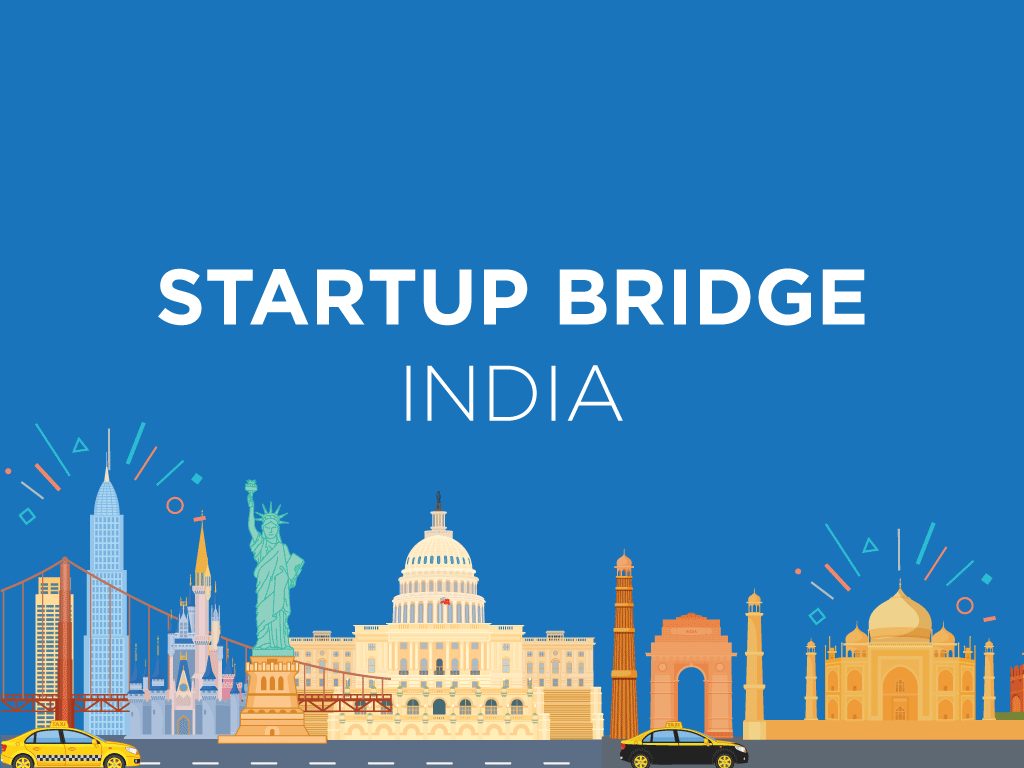
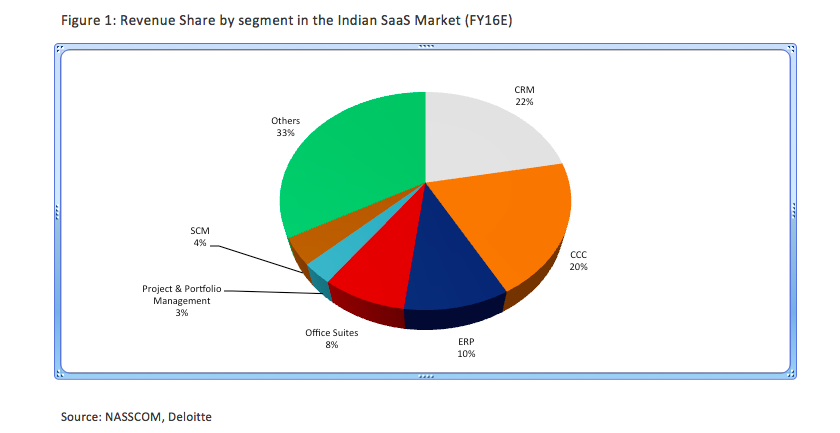

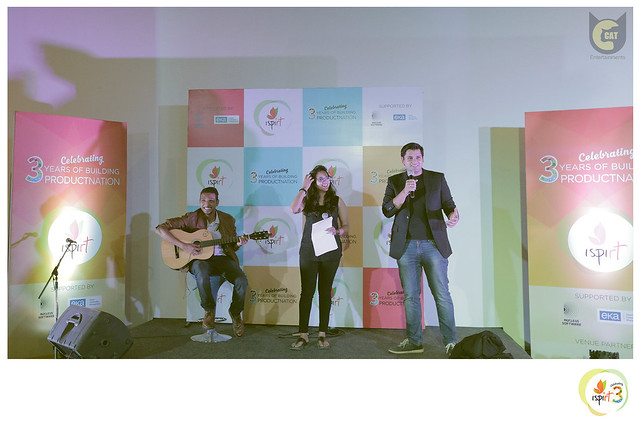
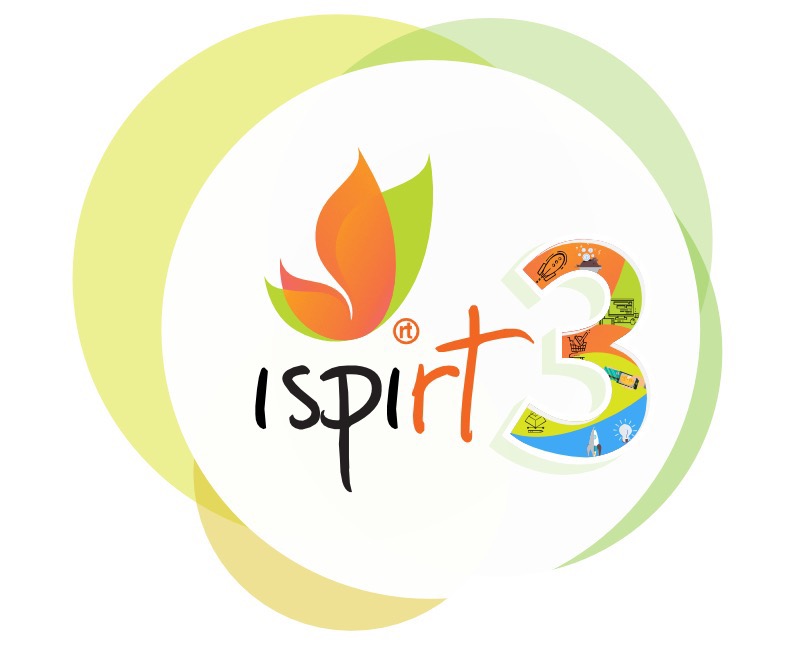 Seven years ago a band of volunteers came together to move the Indian software product ecosystem into the next orbit. Three years ago this movement became a think tank, iSPIRT. We pioneered the idea of building public goods without public money in India
Seven years ago a band of volunteers came together to move the Indian software product ecosystem into the next orbit. Three years ago this movement became a think tank, iSPIRT. We pioneered the idea of building public goods without public money in India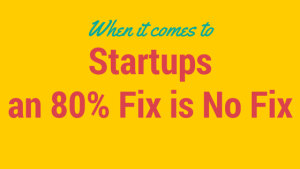 In this polytheistic world of entrepreneurs, who is the Startup Initiative for? If it’s for all the various types of entrepreneurs, then it will quickly succumb to the 80% syndrome. Policy-makers will address things that are the common denominator for all types of entrepreneurs. While this is necessary , it’s not sufficient. As any product manager in the technology industry will tell you, this 80% fix is a recipe for failure.
In this polytheistic world of entrepreneurs, who is the Startup Initiative for? If it’s for all the various types of entrepreneurs, then it will quickly succumb to the 80% syndrome. Policy-makers will address things that are the common denominator for all types of entrepreneurs. While this is necessary , it’s not sufficient. As any product manager in the technology industry will tell you, this 80% fix is a recipe for failure. Each of these types of entrepreneurs is in pain today . Last year 54% of the funded technology startups redomiciled themselves outside India. This year, iSPIRT estimates, the exodus has accelerated and the number of companies redomiciling out of India will be
Each of these types of entrepreneurs is in pain today . Last year 54% of the funded technology startups redomiciled themselves outside India. This year, iSPIRT estimates, the exodus has accelerated and the number of companies redomiciling out of India will be 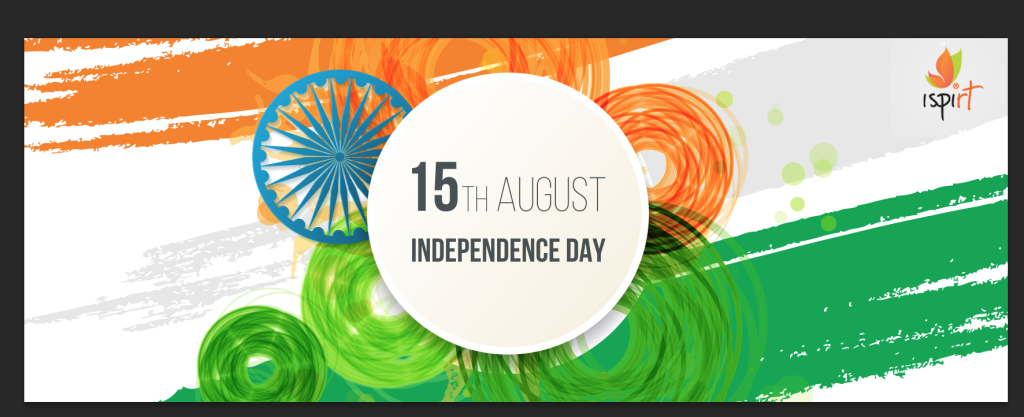 In conversations with other people in the ecosystem over the last month, there has been a realisation about the need to create what we call category leaders in the product space.
In conversations with other people in the ecosystem over the last month, there has been a realisation about the need to create what we call category leaders in the product space.
 Efforts of iSPIRT’s List-in-India Policy Expert Team have reaped the desired results. The securities market regulator, SEBI, has announced relaxed norms for a separate platform to allow “new-age companies” having an innovative business model and belonging to the knowledge-based technology sector to list in the country.
Efforts of iSPIRT’s List-in-India Policy Expert Team have reaped the desired results. The securities market regulator, SEBI, has announced relaxed norms for a separate platform to allow “new-age companies” having an innovative business model and belonging to the knowledge-based technology sector to list in the country.